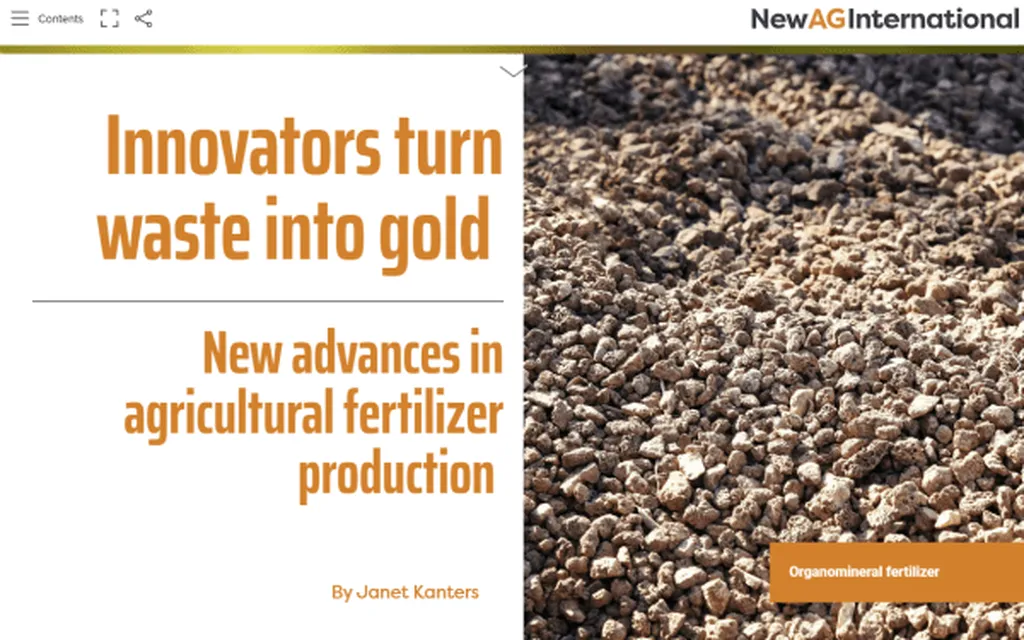In the heart of Russia, a groundbreaking study is turning the tables on waste management and agriculture, offering a promising solution to two pressing global issues: environmental pollution and food security. The research, led by Ekaterina Zolotova from the Zavaritsky Institute of Geology and Geochemistry, Ural Branch of Russian Academy of Sciences, explores the potential of using industrial mineral waste as unconventional fertilizers, paving the way for a more sustainable future.
The study, published in the International Journal of Bio-Resource and Stress Management, delves into the possibility of utilizing waste from various industries, including mining, coal enrichment, thermoelectric stations, chemical industries, and ferrous and non-ferrous metallurgy. The key to successful application lies in the excess concentration of elements beneficial to soil and environmental safety.
Zolotova and her team have been investigating the use of nanosuspensions of agrominerals, such as brown coal, glauconite, sapropel, and phosphate, for pre-sowing seed treatment. Their findings indicate that these unconventional fertilizers can significantly enhance plant growth and development. “The addition of 5% waste from the secondary processing of dump copper-smelting slag to the soil had a stimulating effect on the investigated plants: germination, development, and growth increased,” Zolotova explained.
The implications for the agriculture sector are substantial. With the global population expected to reach 9.7 billion by 2050, the demand for food will inevitably rise. Simultaneously, the world is grappling with the challenges of climate change and environmental degradation. This research offers a glimmer of hope, presenting a viable solution that could help mitigate these issues.
By transforming industrial waste into valuable agricultural resources, farmers can reduce their reliance on traditional fertilizers, which are often energy-intensive to produce and can contribute to environmental pollution. Moreover, this approach can help decrease the volume of waste sent to landfills, reducing the environmental footprint of industries.
The commercial impacts of this research are far-reaching. It opens up new avenues for waste management companies, fertilizer producers, and farmers to collaborate and develop innovative, sustainable agricultural practices. It also presents an opportunity for policymakers to incentivize the use of industrial waste in agriculture, fostering a circular economy that benefits both the environment and the economy.
As we stand on the precipice of a new era in agriculture, this research serves as a reminder that the solutions to our most pressing challenges often lie in unexpected places. By embracing the potential of industrial waste, we can take a significant step towards a more sustainable and food-secure future.
In the words of Zolotova, “Research is important for understanding the transformation of biogeochemical cycles in the conditions of technogenesis and ensuring sustainable development.” Her work is a testament to the power of scientific inquiry and its potential to shape a better world.

